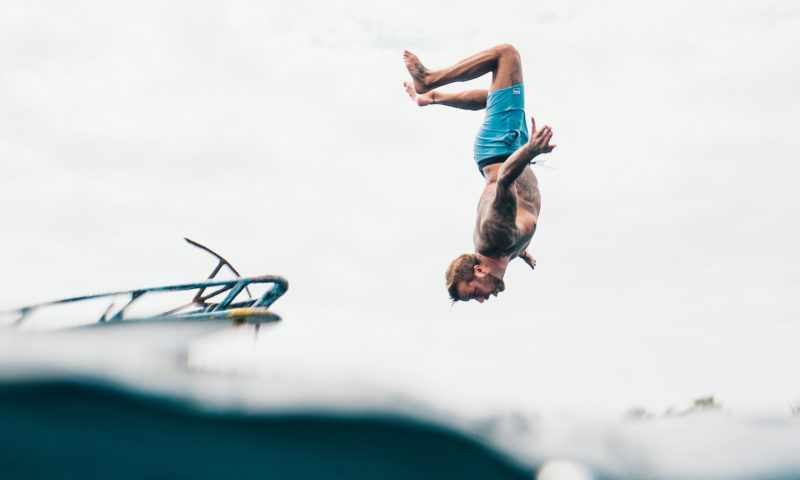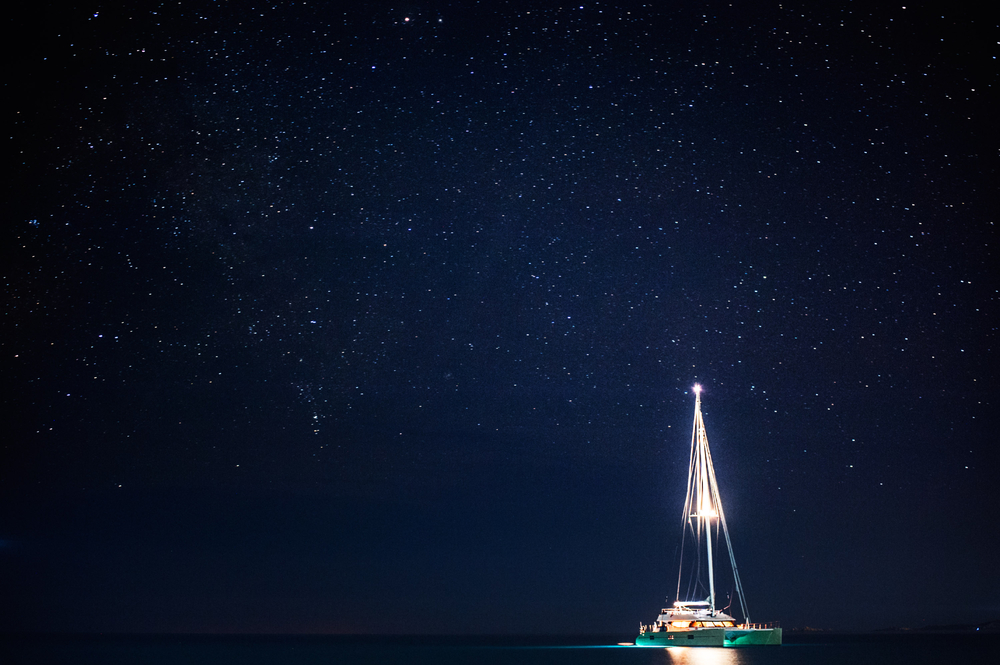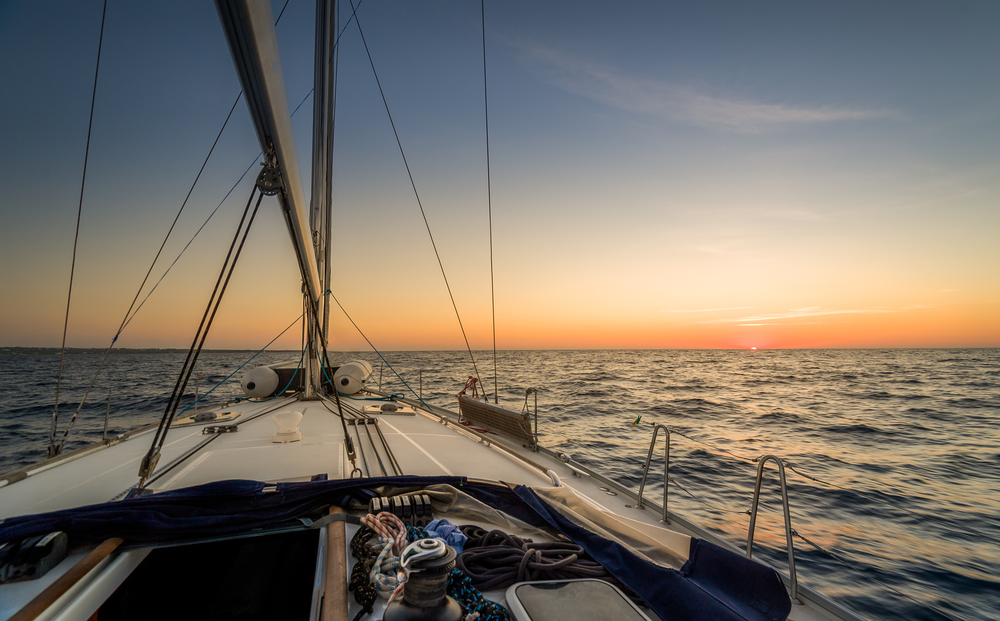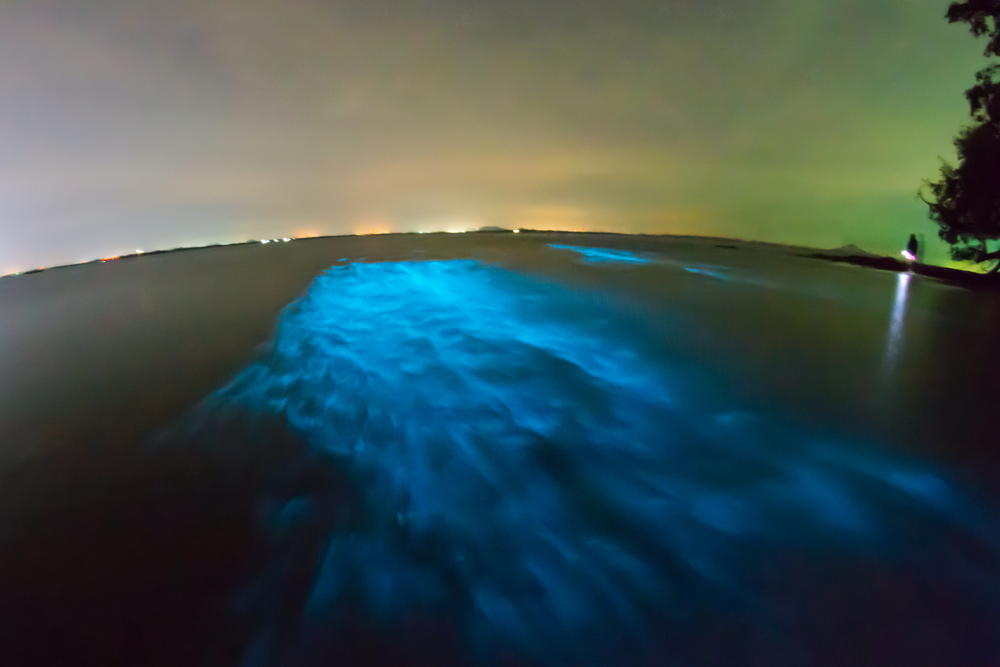
Boating season is soon coming in full bloom. Rest your eyes on the horizon and bask in the myriad of vessels criss-crossing the seas and enjoying the Mediterranean living. The impending restrictions following COVID-19 have increased the number of boaters seeking recreation at sea – far away from potential crowds.
For many boaters, leisure does not pause when the sun sets. The serene stillness takes over the humdrum of air conditioning systems at home; the calming rocking of the waves replaces the tussles of bed linen; and the night views draw anyone into a soothing state of meditation.
If you found yourself smiling at the thought of some nights off at sea, the below list of guidelines is set to help your boating satisfaction reach its full potential throughout the journey by ensuring you’re truly good to go.
ENSURE THE PREPARATIONS LIST IS DONE
Staying at sea overnight or boating to neighbouring islands requires a bit more groundwork. Flamingo floaties should not replace certified safety flotation devices to be used in cases of emergencies. Navigational lights should be properly functioning, and have proper back-up, to ensure you can be seen.
Soft beach towels can serve as extra blankets at night if it becomes chilly. Navigational devices such as GPSs and radar may help you navigate in pitch darkness if you’ve lost your way. The paper marine charts are a good backup or alternative to electronics.
Never underestimate the supply of fresh water and foodstuffs. If you go off-track, a stockpile of provisions can keep your sustenance high – and dehydration is a killer.
Staying safe when boating includes having a reliable marine insurance policy. Make sure you speak with your insurer before you embark on your adventure.

WATCH OUT FOR SAFE ANCHORAGES
Put some serious thought and knowledge when choosing a spot to anchor overnight. A secluded place, such as Mellieħa Bay, can shield you from rough and shifting winds, and currents. Have a good look at the weather forecast.
Turn on a soft white light at sunset to make others aware of your bearings and ensure your anchor is secure to avoid dangerous drift offs.
ESTABLISH LOOKOUT DUTY
Cruising at night requires a bit more discipline and attention, as visibility is reduced given the pitch darkness experienced at sea. If you have no choice but to cruise across the waves, ask for someone’s assistance. Ensure there is always someone on watch or organise teams, ideally having two people on watch and another two resting.

KEEP COMMUNICATION DEVICES HANDY
Being prepared is half the battle. In case of an emergency, boating equipment can save the say. Having a portable marine radio, also known as VHF, can be very useful if no phone reception is available. Ensure your mobile phone is charged, and have an extra one onboard. Should technology fail you, marine paper charts can be your guidance.
SKIP STAR WATCHING WHEN ON THE MOVE
Watching the night skies when at sea is a breath-taking experience. The view seems brighter from your boat than gazing at the same sky from land, given there’s less pollution.
Should you be cruising at night, looking fixedly at the sky might cause vertigo and make you feel disoriented. If you’re the one helming, keeping your eyes on your surroundings is a must. Once anchored in a safe zone, lie down and enjoy the view – but not a moment before.

WATCH OUT FOR BIOLUMINESCENT ALGAE
The sea might surprise you with stunning wonders at night. Some marine animals such as plankton, produce bioluminescence when the sea is warm, to fight off predators or entice potential mates. The result for anyone witnessing such a natural phenomenon is that of awe.
If you’re lucky enough to witness such a spectacle, you’ll notice waters glowing with a neon blue hue. This results from wave breaks or splashes. These specks of iridescence make a truly marvellous sight!

